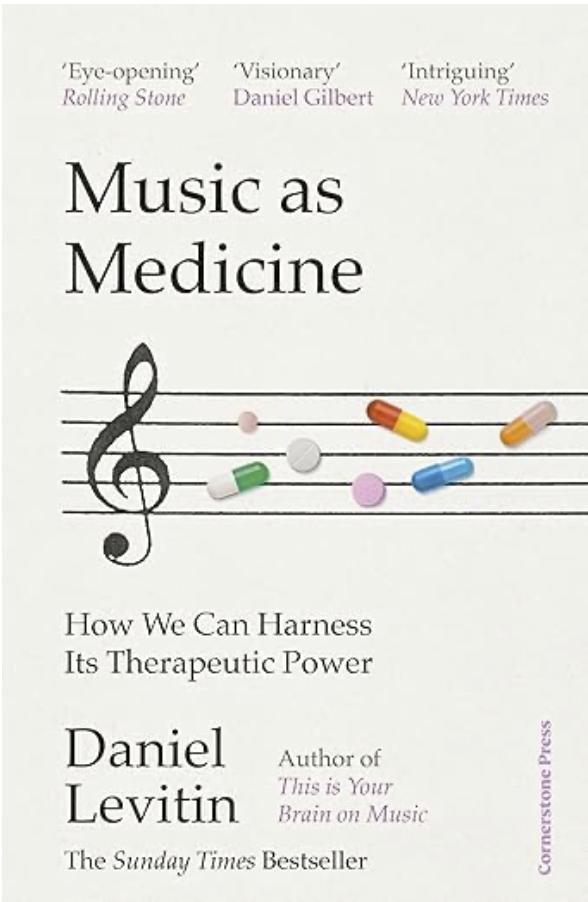It’s very unfortunate that we’re stuck with just two channels. That’s mainly due to the limitations of vinyl, which was the dominant medium back then by a large margin.
R2R tape advanced quickly from one track to three, which, in my opinion, is ideal for realism. A three-channel setup—with a center and two sides, all using the same speakers and amps—would be fantastic.
Not would, It is fantastic. We can easily listen to it in SACD - see https://forums.stevehoffman.tv/threads/3-track-stereo-recordings-on-sacd-and-dvd-a.167180/ But we need a SACD player with discrete channel outputs.
To me, quadraphonic, 5.1, or 7.1 formats are misguided, unserious attempts to recreate a musical event. A properly executed three-track system, with equal quality across all channels, offers the ultimate stereo experience.
By the way, I’m excluding quadraphonic records because they don’t provide equal quality across all channels. It’s just a gimmick, and I don’t see any real potential there.
Now we disagree. IMO proper 5.1 can creates a more realistic stereo experience. But is is a subjective personal opinion.








